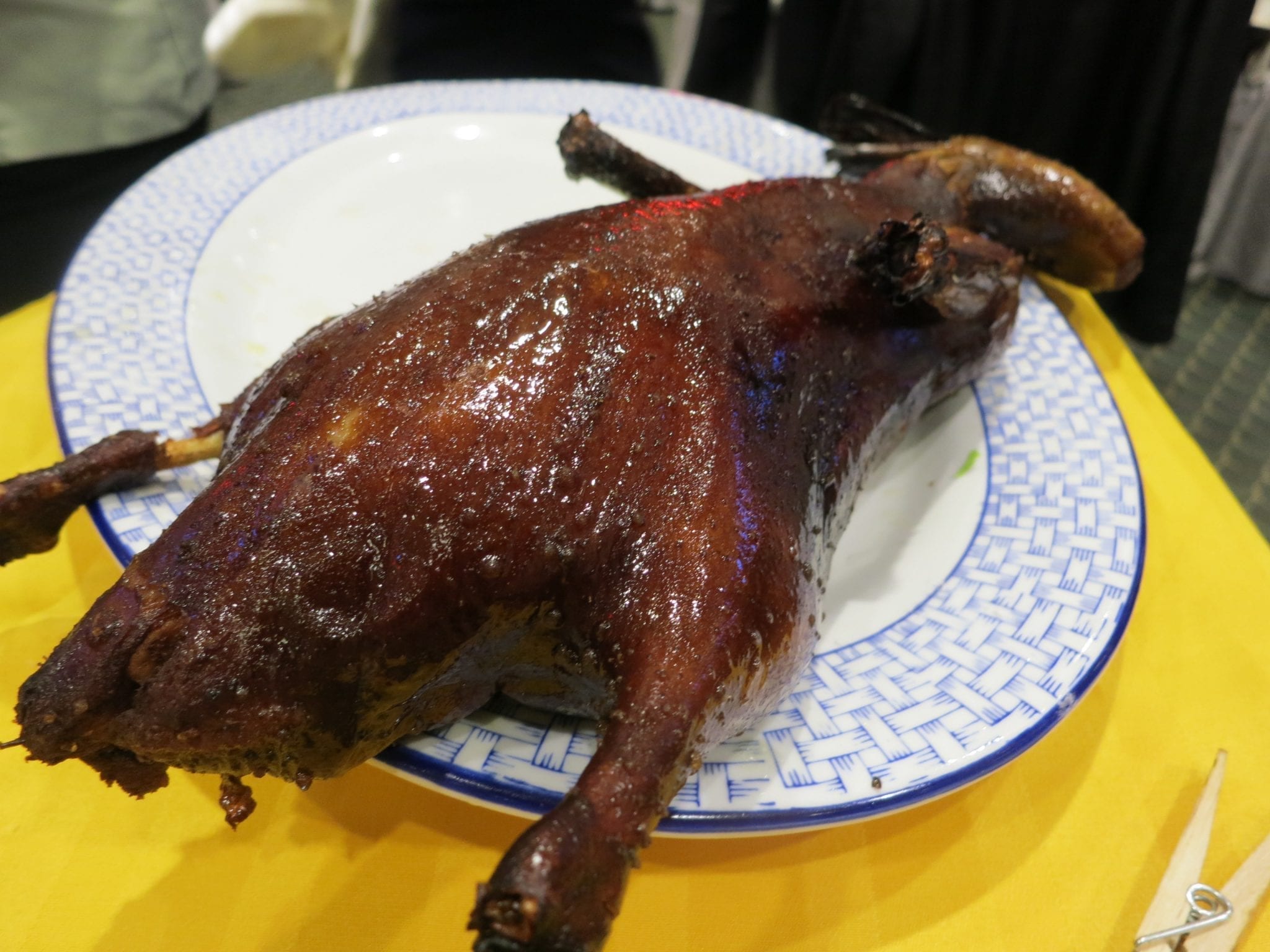
One of the year’s quirkier IPOs had its wings clipped after investors’ appetites failed to take off for one of China’s leading makers of popular snack foods made from duck parts.
After making a splash with its original listing announcement, Zhou Hei Ya International Holdings Co. Ltd. couldn’t impress investors even with a growth story that includes annual profit and revenue growth of more than 40% annually between 2013 and 2015.
The offering in Hong Kong was ultimately priced at HK$5.88 (76 U.S. cents) per share, or near the bottom of its previously announced range of HK$5.80 to HK$7.80.
Hong Kong retail investors, who normally flock to IPOs for famous brands, gave the offering an especially cold shoulder. Of the 42.4 million shares available for those mom-and-pop buyers, representing 10% of the total offering, only 81% were actually sold.
That forced Zhou Hei Ya, whose name means “Zhou Family Black Duck,” to sell about 8 million orphaned shares from that portion of the allotment to institutional investors instead. Zhou Hei Ya raised HK$2.37 billion from the offering, far short of its original target of up to HK$3.3 billion.
A big name in the domestic snack-food market, Zhou Hei Ya hopes to use the funds to expand internationally. Started in 2002 as a family-run snack stall in the interior city of Wuhan, Hubei province, the company’s products are now sold in 750 retail stores across 40 Chinese cities. In addition to its namesake duck necks, its products also include local delicacies like duck feet, braised peanuts and duck tongue.
Braised snacks have a long history in China, where they are commonly sold at roadside stalls. But they are increasingly being marketed by major snack brands. Meat, tofu and other ingredients are simmered for hours in a rich savory broth, and many regions have their own special seasoning blends.